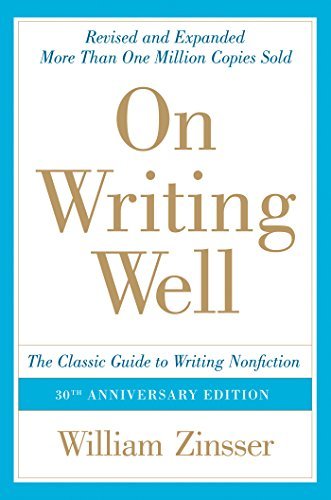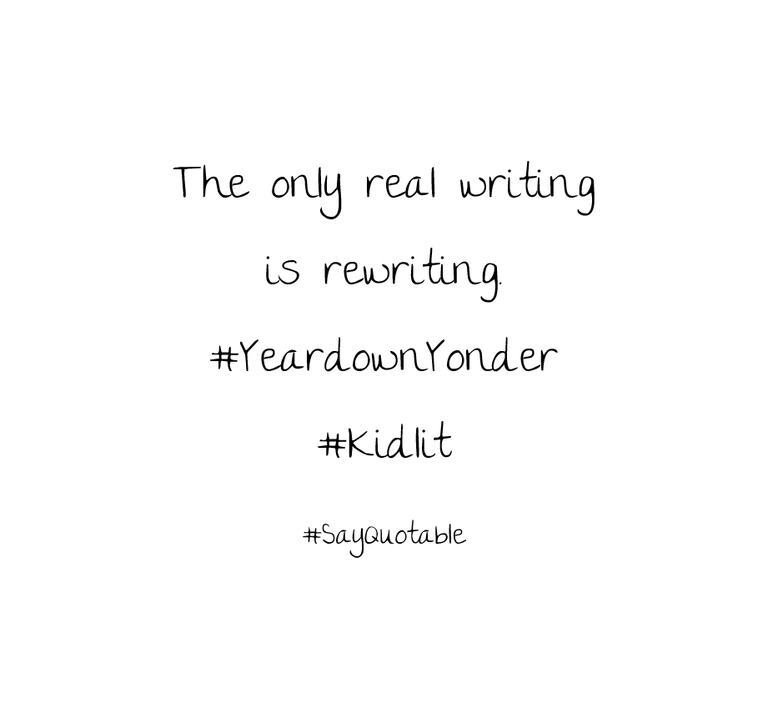
Are you looking to write better nonfiction? On Writing Well by William Zinsser is one of the best books I have come across on this subject. I give this book 10 / 10 for all the timeless advice that Zinsser gives his readers.
This book is 338 pages long and would take the average reader about 7 hours to read.
This article and book review aims to distill Zinsser’s advice in under a 1000 words and I am going to save you a lot of time.
I have divided Zinsser’s advice into three sections
- Mindset before you write
- Writing
- Rewriting
Mindset

A writer will do anything to avoid the act of writing. The brain tries to put off cognitively demanding tasks. You are not alone here for instance, acclaimed author Paulo Coelho (The Alchemist amongst many others) reportedly spends the first four hours of his day procrastinating before finally putting pen to paper in the afternoon. Zinsser points out the best way to reduce this procrastination is to establish a daily schedule and stick to it.
The only way to write is to force yourself to produce a certain number of words on a regular basis. This is why a schedule is so important.
Zinsser explains that one has to clear their minds of any clutter. Clear thinking becomes clear writing and one cannot exist without the other. This means clear your workplace, switch off your phone and be present in the moment when you are writing.
Research, research, research. A good non-fiction writer will collect more material than he/she will use.
In order to write better, you have to WANT to write better than everybody else. You have to take an almost obsessive pride in what you produce and this means paying attention to even the smallest details of your craft.
Organization of all your research is the most powerful and underestimated weapon in a nonfiction writers arsenal. A good writer takes pride in organising all their pieces of information like an intricate jigsaw puzzle.
It is important to find writers that you admire. Obsess over their works. Read their works aloud. Figure out how they made you feel and how they made you learn. This is the best way to improve your writing.
A writer must think of themselves as part entertainer. A writer must not think in sentence units but instead in paragraphs.
A writer must plan a majority of plain declarative sentences that contain only one thought and not a comma in sight. Trying to make one sentence do too much work will cause you to lose your reader.
The thesaurus is your friend! Just like a rhyming dictionary is to a songwriter, a thesaurus is to a writer.
The next section will outline Zinssers advice on the act of writing. I found 4 golden nuggets in this section...
Writing

It's important to have unity in your writing. Unity of tense. Unity of mood. Unity of pronoun!
Craft a catching opening sentence. The first sentence is the most important one. If this does not induce your reader to read the second one, your piece is dead!
Your lead paragraph must cajole your reader. Capture your reader's with either novelty, humour, surprise, unusual idea, interesting fact or a question.
Give your reader a reason to read. Outline early on why your piece was written and why your reader should read it.
Always write in the first person.
If a sentence amuses you, keep it in as you can always edit out later. Remember, you are part entertainer.
Every paragraph must excite and amplify on the feelings produced by the previous one. Take special care with the last sentence of the paragraph. This is the springboard to the next. Include humour or a twist where applicable and you will have your reader for the next one.
Ask yourself this question every sentence you write. “What do I want my reader to know next?”
Don't annoy your readers by over explaining. You are not writing for children. Don't tell them something they already know or can easily figure out.
Write interestingly so that you find writing interesting as well.
The perfect ending should surprise your readers slightly but make them feel that you are exactly right. Readers should feel like you know more about the subject than you actually put in writing.
I never dedicated much time to rewriting and the advice imparted by Zinsser on rewriting has actually helped me realise that this step is the most crucial. The below is a distillation of advice on rewriting...
Rewriting

Rewriting is perhaps the most important part of the process. Zinsser says, you have to love and look forward to the rewrite. Very few sentences come out right the first time. Some may come out right in the third attempt.
Strip every sentence to its cleanest components. Examine every word, you will be surprised at the alarming number of words that don't just serve any purpose. Prune out all the “a bit,” “a little,” “sort of,” “kind of,” “rather,” “quite,” “very,” “too,” “pretty much.”
Make the reader smile and you have got him for at least another paragraph :)
Make your piece jump by giving your reader an enjoyable surprise. One that is not found in similar pieces. This is your salvation, you may have a completely different style but a surprise goes a long way.
Give the reader a good last sentence. Give the reader joy, a lift and this will linger even when the article is over.
Now go forth and create some wonderful masterpieces armed with this knowledge!
If you like the book, you can buy it here http://amzn.to/2ILKsvi (Affiliate link, won't cost you extra but will help me take some of Jeff Bezos profits)
